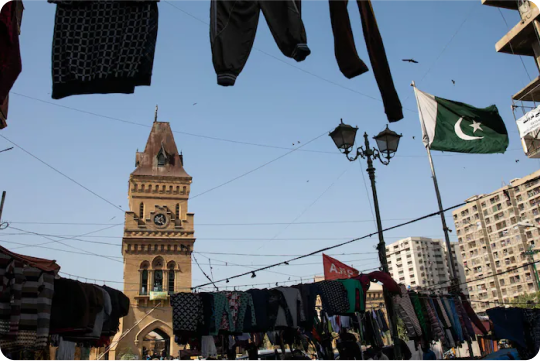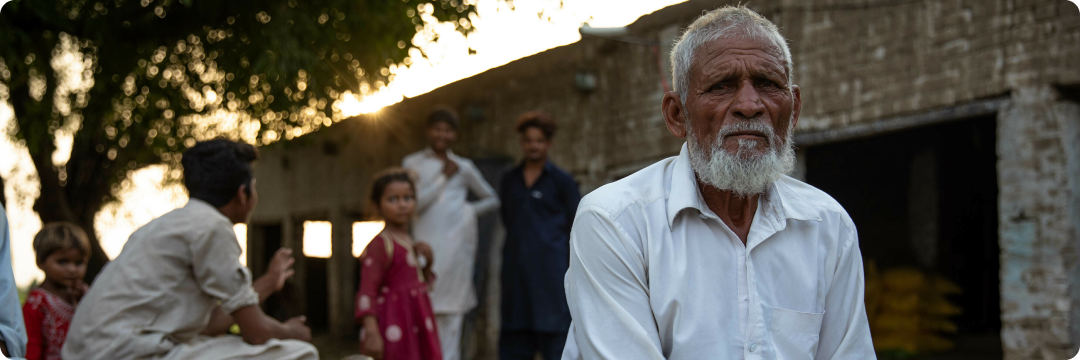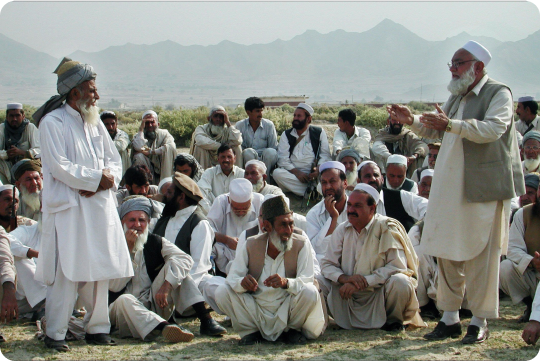Breaking Down Educational Barriers in Pakistan
- NARA Education
- Kids Education
- Breaking Down Educational Barriers in Pakistan
Breaking Down
Educational Barriers
in Pakistan
Urban Poverty – Integrated
In general, poverty is everywhere in Pakistan. Any foreigner coming to Pakistan can tell you that the moment they step out of the airport they are hit hard by it. In remote villages, educational barriers in Pakistan include the physical distance to schools and the necessity for children to contribute to the family’s agricultural work.
Who are they?
- These families are interwoven throughout society, often overlooked and struggling silently.
- They belong to lower socio-economic backgrounds, facing systemic barriers that keep them trapped in poverty.
- Despite these hardships, many parents harbor a deep desire to see their children succeed through education.
The Challenge

Urban Poverty – Segregated

Who are they?
- These are deeply impoverished, labor-driven families who move frequently in search of work, living in temporary settlements with minimal access to basic amenities.
- Education is often seen as unattainable, and many families have no tradition of schooling.
- Attitudes toward education vary, with some families valuing it while others see it as unnecessary or unachievable.
The Challenge
These families face extreme instability, making it difficult for children to attend school regularly. The constant movement and lack of permanent homes mean that education is often considered an unattainable luxury. Nara Education addresses these challenges by providing free remote educational units and flexible learning schedules tailored to the needs of these transient communities, ensuring that every child has a chance to learn, no matter where they are.
Suburban Poverty – Remote Villages
The majority of the population lives in suburban villages. Most of these people are farmers and work on the land owned by the landowners. A lot of the people do have small farms that are susceptible to weather disasters. They face the following barriers:
Barriers:
- These are hardworking families, tied to the land and dependent on agriculture, facing constant uncertainty due to weather and economic conditions.
- Their children are often part of the labor force, helping to sustain the family’s livelihood.
- Despite the challenges, there is a strong desire among these parents to educate their children and provide them with opportunities for a better future.

The Challenge
The physical distance from schools, combined with the need for children to work, creates a significant barrier to education. Many children simply cannot attend school because it is too far away, and the family cannot afford to lose their help. Nara Education is bridging this gap by establishing local schools within these communities and offering after-hours classes that accommodate the schedules of working children, ensuring that no child is left behind.
The Economic Lifeline – Children as Breadwinners

The Reality:
- These children often work long hours, leaving no time for schooling, and are frequently pressured by their parents to prioritize work over education.
- The immediate need to generate income takes precedence, and education is seen as a distant goal that might never be achieved.
- Balancing work and school is nearly impossible, leading to high dropout rates and perpetuating the cycle of poverty.
The Challenge
Tribal & Religious – Fight for Girls' Education
Who are they?
- These are families with strict beliefs that limit communal education, particularly for girls, often restricting them to religious instruction only.
- There is often little to no desire to educate children beyond religious teachings, and cultural norms strongly discourage academic pursuits.
- Girls, in particular, face significant obstacles to accessing education, with many being denied the opportunity altogether.
The Challenge
Breaking through these cultural and religious barriers requires sensitive and sustained effort. Nara Education is committed to this cause by working closely with community leaders to promote the value of education for all children. We provide safe, community-supported learning environments where girls can receive a quality education without compromising their cultural values, empowering them to become educated, confident individuals


